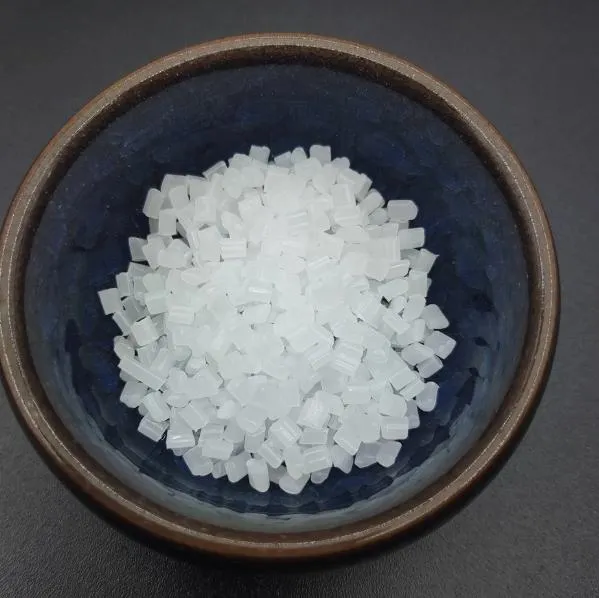Warning: Undefined array key "title" in /home/www/wwwroot/HTML/www.exportstart.com/wp-content/themes/1198/header.php on line 6
Warning: Undefined array key "file" in /home/www/wwwroot/HTML/www.exportstart.com/wp-content/themes/1198/header.php on line 7
Warning: Undefined array key "title" in /home/www/wwwroot/HTML/www.exportstart.com/wp-content/themes/1198/header.php on line 7
Warning: Undefined array key "title" in /home/www/wwwroot/HTML/www.exportstart.com/wp-content/themes/1198/header.php on line 7
- Afrikaans
- Albanian
- Amharic
- Arabic
- Armenian
- Azerbaijani
- Basque
- Belarusian
- Bengali
- Bosnian
- Bulgarian
- Catalan
- Cebuano
- China
- China (Taiwan)
- Corsican
- Croatian
- Czech
- Danish
- Dutch
- English
- Esperanto
- Estonian
- Finnish
- French
- Frisian
- Galician
- Georgian
- German
- Greek
- Gujarati
- Haitian Creole
- hausa
- hawaiian
- Hebrew
- Hindi
- Miao
- Hungarian
- Icelandic
- igbo
- Indonesian
- irish
- Italian
- Japanese
- Javanese
- Kannada
- kazakh
- Khmer
- Rwandese
- Korean
- Kurdish
- Kyrgyz
- Lao
- Latin
- Latvian
- Lithuanian
- Luxembourgish
- Macedonian
- Malgashi
- Malay
- Malayalam
- Maltese
- Maori
- Marathi
- Mongolian
- Myanmar
- Nepali
- Norwegian
- Norwegian
- Occitan
- Pashto
- Persian
- Polish
- Portuguese
- Punjabi
- Romanian
- Russian
- Samoan
- Scottish Gaelic
- Serbian
- Sesotho
- Shona
- Sindhi
- Sinhala
- Slovak
- Slovenian
- Somali
- Spanish
- Sundanese
- Swahili
- Swedish
- Tagalog
- Tajik
- Tamil
- Tatar
- Telugu
- Thai
- Turkish
- Turkmen
- Ukrainian
- Urdu
- Uighur
- Uzbek
- Vietnamese
- Welsh
- Bantu
- Yiddish
- Yoruba
- Zulu
Dez . 11, 2024 10:43 Back to list
Citric Acid Monohydrate Uses and Benefits in Various Applications
Exploring Citric Acid Monohydrate Properties, Uses, and Benefits
Citric acid monohydrate, a common organic compound, is often overlooked in discussions about food additives and chemical compounds, yet it plays a crucial role in various industries due to its versatility and beneficial properties. This article will delve into the characteristics, applications, and advantages of citric acid monohydrate, providing a comprehensive overview for those interested in this compound.
Properties of Citric Acid Monohydrate
Citric acid, chemically represented as C6H8O7, is a weak organic acid that occurs naturally in citrus fruits. When it is in monohydrate form, citric acid forms a crystalline structure that includes one molecule of water for every molecule of citric acid. This hydration affects its solubility and stability, making citric acid monohydrate particularly useful in various applications.
Citric acid monohydrate is a colorless to white crystalline powder that is highly soluble in water. It has a sour taste, making it a popular choice for food applications. With a melting point of about 100 degrees Celsius, it easily dissolves in aqueous solutions, leading to its widespread use in both commercial and culinary settings.
Applications in the Food Industry
One of the primary uses of citric acid monohydrate is as a food additive. It acts as a preservative, flavoring agent, and acidulant. Its sour taste enhances the flavor profile of many food products, including candies, soft drinks, and sauces. Furthermore, it regulates acidity levels, improving flavor stability and extending shelf life.
In the realm of preserving food, citric acid monohydrate serves as a natural alternative to synthetic preservatives. Its ability to inhibit the growth of bacteria and mold makes it a valuable component in various food preservation techniques. For example, it is often used in canned goods, where it helps to maintain freshness and prevent spoilage.
citric acid monohydrate

Additionally, citric acid plays a vital role in the burgeoning field of plant-based and health-conscious foods. As consumers increasingly seek out healthier alternatives, citric acid monohydrate has become an essential ingredient in many dietary supplements and nutraceuticals, serving as an antioxidant and aiding in the absorption of certain minerals.
Industrial and Cosmetic Applications
Beyond the culinary world, citric acid monohydrate boasts a range of industrial applications. It is widely used in the manufacturing of cleaning products due to its chelating properties. Citric acid effectively binds with metal ions, making it an excellent ingredient for descaling agents, detergents, and other cleaning formulations. Its natural origin makes it an attractive option for environmentally friendly cleaning solutions.
In the cosmetic industry, citric acid monohydrate finds its place as a pH adjuster in various skincare products. By balancing pH levels, it helps to stabilize formulations and enhances the product's overall efficacy. Additionally, its antioxidant properties can protect skin cells from oxidative stress, making it a beneficial ingredient in anti-aging products.
Environmental Benefits
One of the key advantages of citric acid monohydrate is its environmental impact. As a biodegradable and non-toxic compound, it offers a sustainable alternative to many harsh chemicals found in industrial and household products. Its use aligns with the growing trend towards eco-friendly practices, appealing to consumers and businesses alike who prioritize sustainability in their purchasing decisions.
Conclusion
In conclusion, citric acid monohydrate is a compound with multifaceted applications that extend far beyond its sour taste in foods. Whether it’s enhancing flavor, preserving food, making cleaning products more effective, or improving cosmetic formulations, citric acid monohydrate demonstrates its value across various sectors. With an increasing emphasis on natural and sustainable products, it is likely that its prominence will continue to grow. Understanding the properties and benefits of citric acid monohydrate can help consumers, manufacturers, and researchers make informed choices about its use in everyday products and industrial applications, ultimately promoting a healthier and more sustainable future.
Latest news
-
Certifications for Vegetarian and Xanthan Gum Vegetarian
NewsJun.17,2025
-
Sustainability Trends Reshaping the SLES N70 Market
NewsJun.17,2025
-
Propylene Glycol Use in Vaccines: Balancing Function and Perception
NewsJun.17,2025
-
Petroleum Jelly in Skincare: Balancing Benefits and Backlash
NewsJun.17,2025
-
Energy Price Volatility and Ripple Effect on Caprolactam Markets
NewsJun.17,2025
-
Spectroscopic Techniques for Adipic Acid Molecular Weight
NewsJun.17,2025

